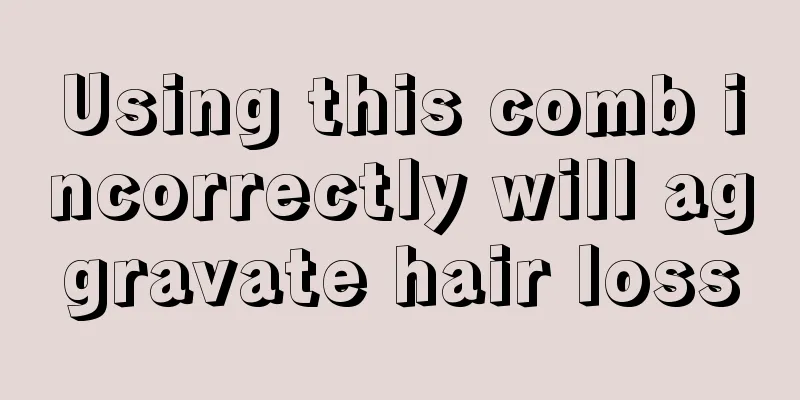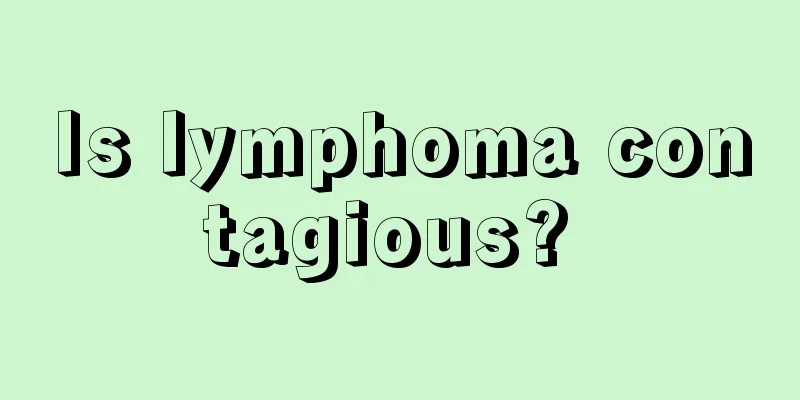Wisdom tooth root canal treatment

|
Many people have wisdom teeth. Some people have them in their twenties, while others grow wisdom teeth in their thirties. However, most people's wisdom teeth do not grow in a standard shape, and some even grow crooked. Such wisdom teeth are not suitable to be kept, and it is best to have them removed. However, some wisdom teeth grow like normal teeth but are prone to inflammation. In this case, root canal treatment of the wisdom teeth can be performed, which will be effective more quickly. 1. Is it necessary to do root canal treatment if the wisdom tooth is broken? If wisdom teeth are damaged, just remove them. There is no need to do root canal treatment. Root canal treatment is a waste of time, money, and pain. Moreover, if the root canal is not done thoroughly, it will become inflamed in the future. 2. What is root canal treatment? Root canal therapy is the most commonly used and effective treatment method for pulp disease and periapical periodontitis internationally. The principle of root canal therapy is to remove most of the infected substances in the root canal by mechanical and chemical methods, and to prevent the occurrence of periapical lesions or promote the healing of periapical lesions that have already occurred by filling the root canal and sealing the crown. 3. Risks of root canal treatment During root canal treatment, the doctor can only have a general understanding of the root canal system based on X-rays or apex locators. In case of complex root canals (curved, narrow, calcified and blocked, instrument broken, lateral penetration) or other special situations, the difficulty of root canal treatment increases, special equipment and materials need to be used, and the treatment time will be increased accordingly. Instrument breakage may occur during complex root canal treatment. It is not required to forcibly remove the broken instrument. The instrument can remain in the root canal and be checked regularly. 4. Re-treatment of root canal treatment There are a few cases where root canal treatment is unsuccessful and where conventional root canal treatment is unsuccessful or cannot be treated. Some cases can be treated further with apical surgery, while others can be treated with extraction. During and after root canal treatment, teeth are prone to splitting, which may lead to tooth extraction. If the tooth defect is large, please follow the doctor's instructions to promptly perform crown restoration after treatment. |
<<: What will happen if root canal treatment is not done
>>: How many root canals does a tooth have
Recommend
Does LED light hurt eyes
LED lights hurt your eyes. LED lights have a cert...
How to regulate a fast pulse
Pulse means heartbeat. If the pulse is fast, it m...
What eye drops to use for blepharitis
Blepharitis is a commonly encountered eye disease...
What happens if you use someone else's toothbrush
Toothbrushes are mainly used to clean the oral ca...
Know the early symptoms of prostate tumors
Prostate tumors mostly occur in the posterior lob...
Sinus tachycardia with arrhythmia, mood is extremely important
Experts say: Sinus tachycardia caused by physiolo...
How to check for colon cancer
In order to have a clearer understanding of the c...
The 4 most common ways to treat tongue cancer
Shrimp and crabs are delicious foods that stimula...
Life tips for removing freckles with zero side effects
Many people think that a small amount of freckles...
How to protect your hands for good whitening effect?
It is said that hands are a person’s second face,...
Can sacrococcygeal teratoma be cured?
Sacrococcygeal teratoma is a benign (partially ma...
The difference between pressed silk and mulberry silk
Mulberry silk and pressed silk often appear in ma...
Signs of a bad relationship between husband and wife
Some people say that marriage is the grave of lov...
What are the dangers of sleeping on the ground in summer
Summer can be summed up in one word: hot. Many pe...
How do patients with lymphoma exercise?
When it comes to lymphoma, many people will think...









